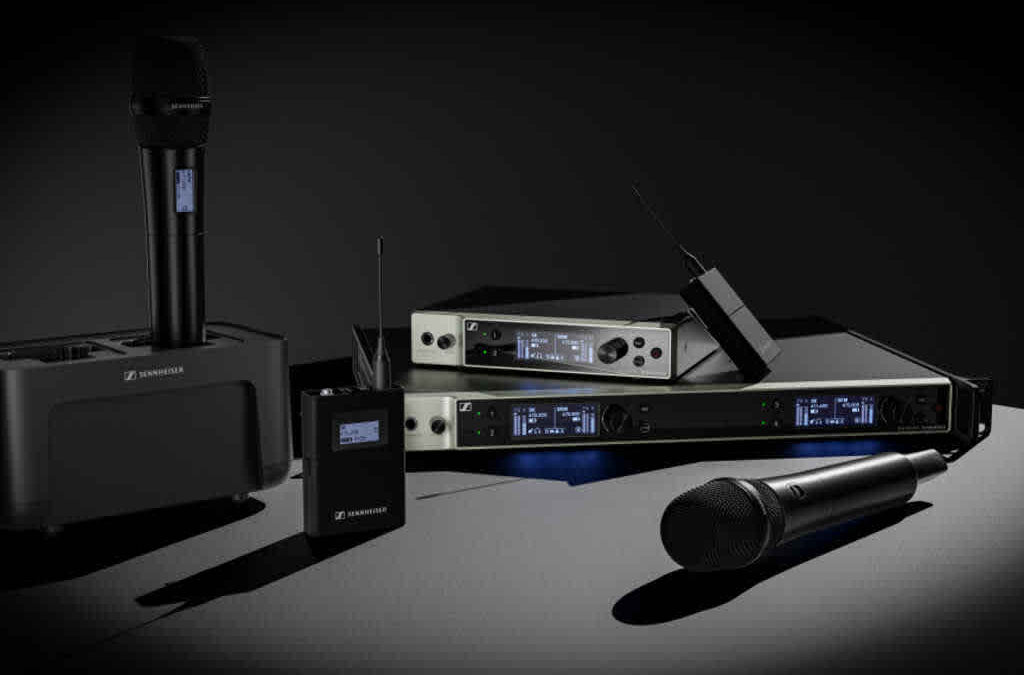Reflecting on 2024, the events industry emerged as a notable example of innovation, resilience, and adaptability.
Throughout the year, professionals witnessed a striking transformation driven by technology, sustainability, and creativity, which together, are collectively redefining how experiences are delivered.
Artificial Intelligence (AI) led the way, revolutionising event planning and execution. At The Consumer Electronics Show (CES) 2024, AI-powered tools curated personalised schedules for attendees, analysing their preferences through pre-event surveys and real-time app interactions. This approach ensured that experiences were tailored, practical, and user focused.
Conversational AI, too, played an essential role at events like IMEX Frankfurt – the meetings, events and incentive travel industry trade show – where chatbots seamlessly managed high inquiry volumes during peak times. Answering questions about session locations, schedules, and amenities with precision, these tools alleviated pressure on staff while enhancing attendee support and accessibility.
The immersive potential of Augmented Reality (AR) and Virtual Reality (VR) was also apparent, bridging the physical and digital divide. BMW’s virtual product launch stood out as an example, allowing participants to explore car interiors, customise features, and experience virtual test drives, and was accessible even without specialised headsets. This event not only deepened attendee engagement but also provided valuable insights, with 92% of participants reporting a greater understanding of the product. At SXSW 2024, the emergent technology conference, exhibitors applied AR to transform booth experiences, using QR codes to bring 3D product demos to life. Whether visualising machinery in motion or furniture placement in homes, these AR enhancements increased booth traffic and sales inquiries besides reducing logistical challenges.
Sustainability was another defining ethos of 2024. Events embraced eco-conscious practices by integrating solutions to reduce waste and energy consumption. At Glastonbury Festival, IoT-enabled sensors provided real-time waste and energy management data which helped to ensure efficient operations whilst encouraging collective responsibility among attendees and vendors. Drone light shows also emerged as an eco-friendly alternative to traditional fireworks. At the Olympic Ceremony Previews, synchronised drones created spectacular yet noise-free displays without the environmental drawbacks of pyrotechnics, highlighting both cost-effectiveness and scalability.
Data-driven insights were also pivotal this year, enabling organisers to make informed decisions before, during, and after events. The digital experience conference, Adobe Summit 2024, demonstrated the power of real-time analytics by tracking attendee behaviour, dwell times, and social media sentiment. By monitoring these metrics, organisers could adapt sessions and allocate resources on the spot, thus enhancing engagement and satisfaction. Alongside data, biometric technology transformed event logistics. By implementing facial recognition technology for ticketless entry at Coachella, wait times were drastically reduced, conveniently and efficiently, through a secure, contactless experience.
Hybrid events also flourished in 2024, seamlessly blending in-person and virtual participation. At Web Summit tech conference, holographic keynotes transcended geographical barriers, enabling speakers to appear simultaneously across multiple locations as life-sized holograms. This innovation not only engaged global audiences but also reduced the carbon emissions associated with speaker and delegate travel, emphasising a commitment to sustainability.
Similarly, event management platforms like Cvent and Bizzabo evolved into comprehensive tools, with AI-driven solutions for registration, attendee engagement, and analytics. At TechConnect Expo, these platforms streamlined check-ins, reduced wait times by nearly half, and boosted virtual retention rates with real-time performance monitoring.
Reflecting on 2024, it’s increasingly clear that technology and sustainability are no longer optional. The industry’s ability to embrace AI, immersive technologies, and eco-friendly practices is a reflection of its commitment to innovation and inclusivity. Moving forward, the challenge will be to build on these successes to match and exceed the expectations of increasingly tech-savvy and environmentally conscious audiences. By continuing to invest in cutting-edge solutions and sustainable strategies, the events industry is well-positioned to make 2025 another transformative year of possibilities and progress.



